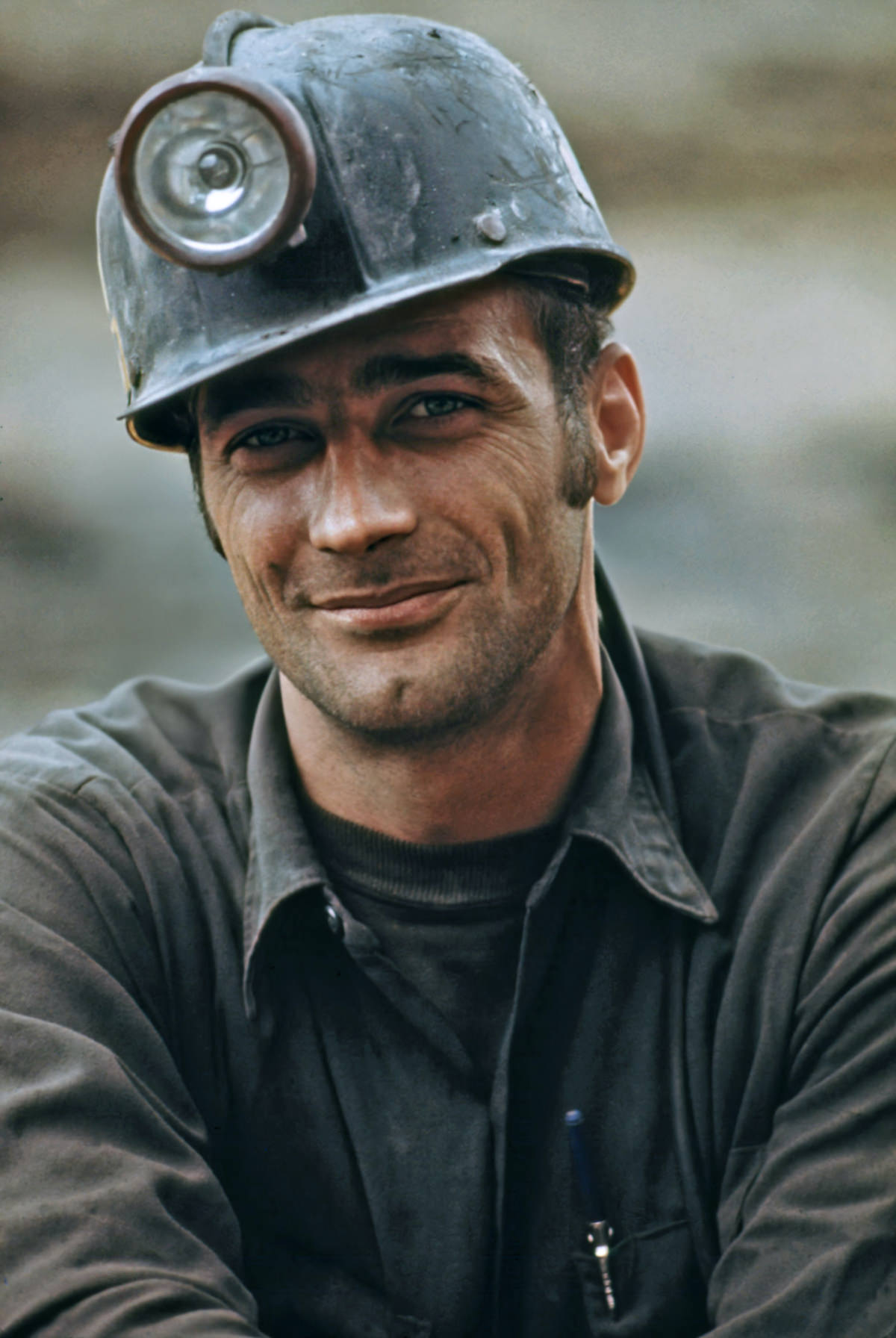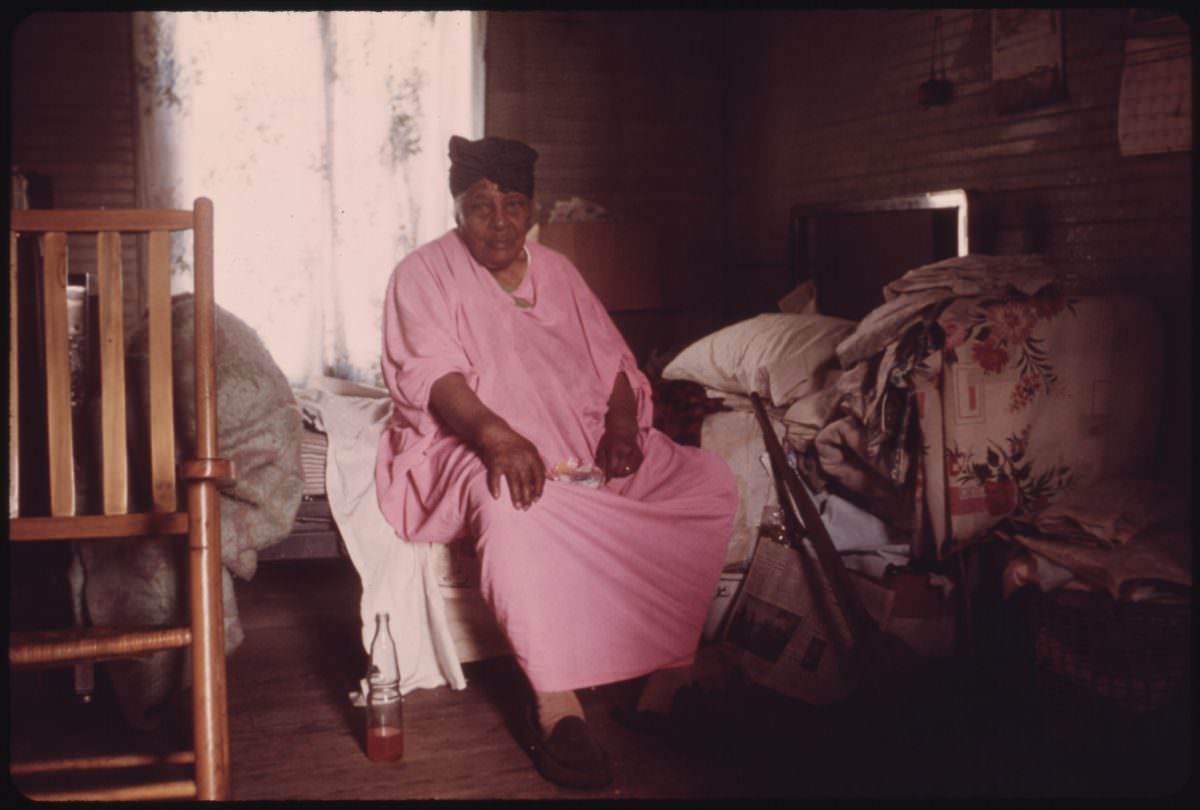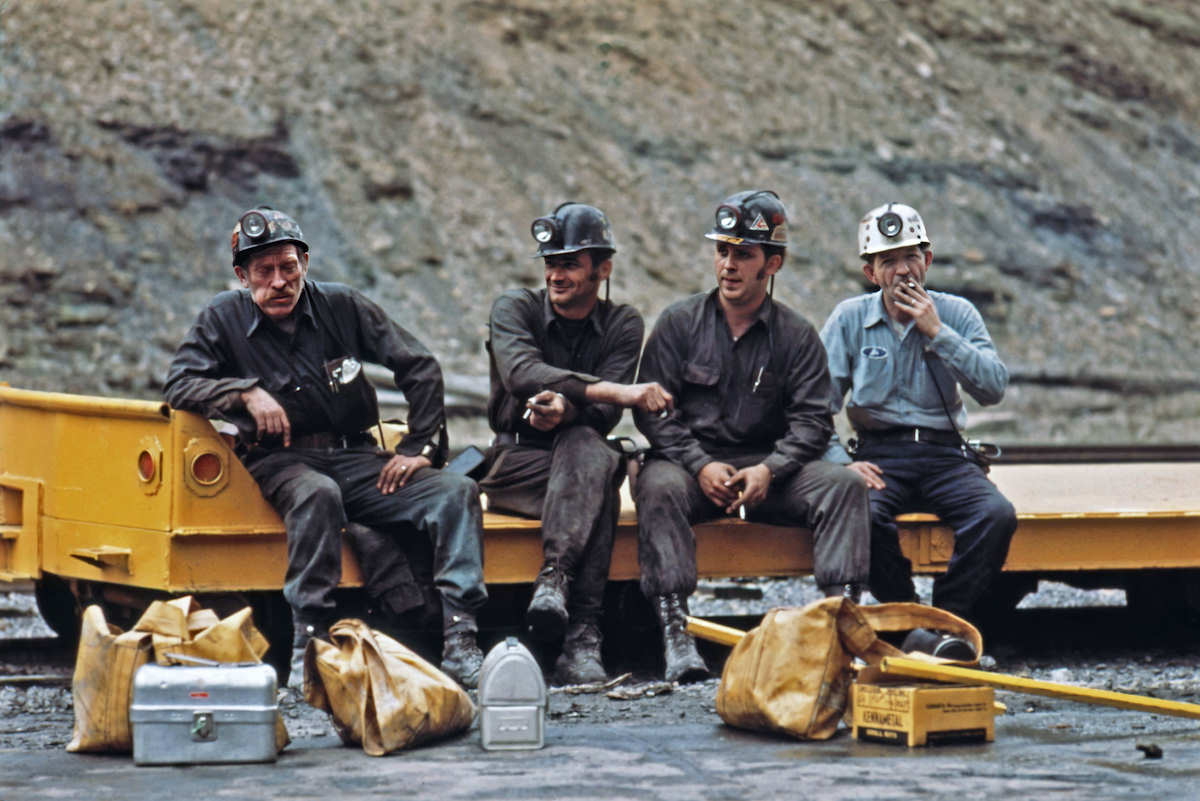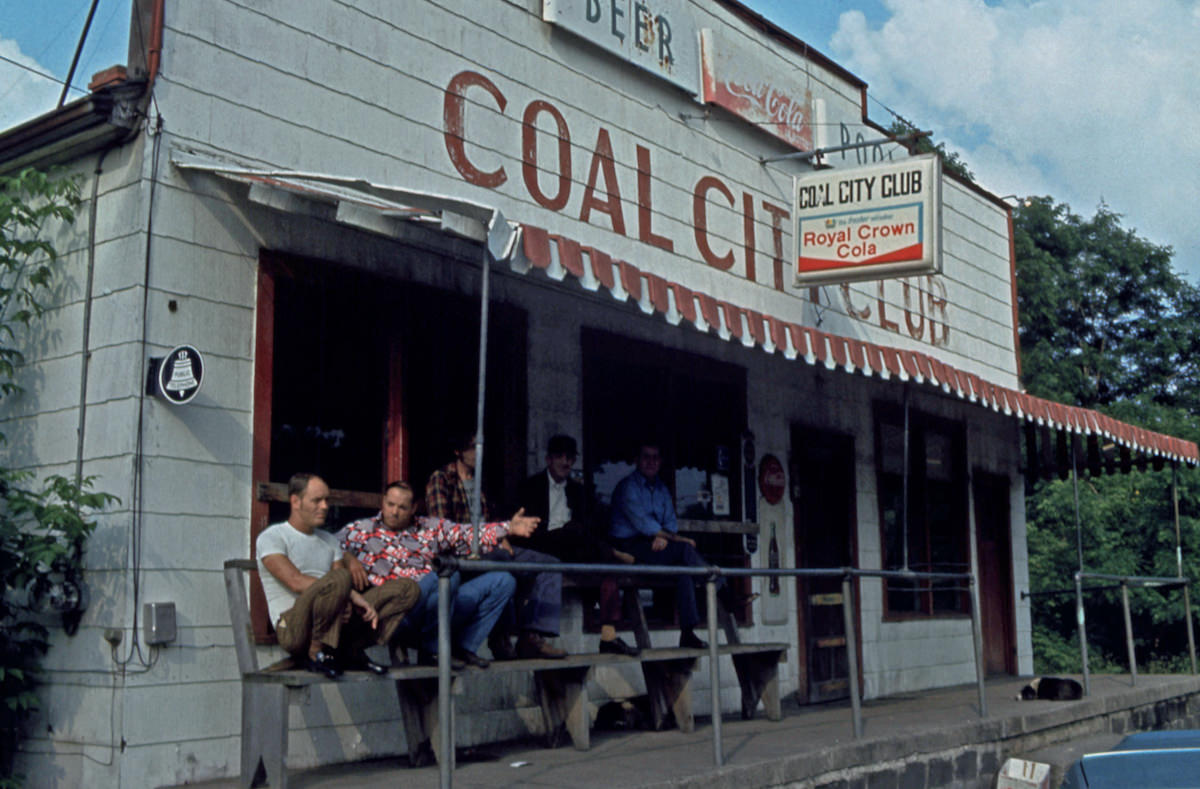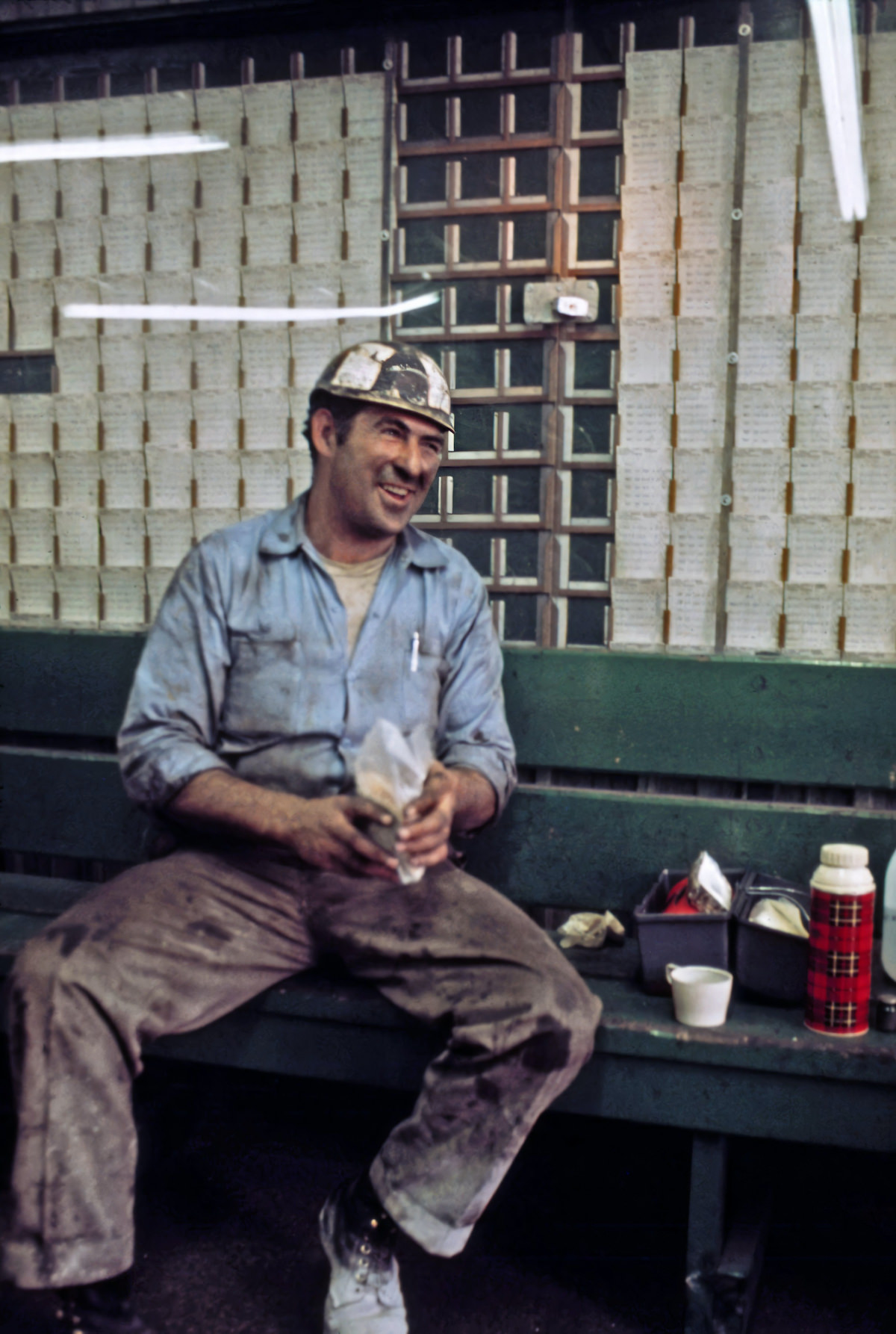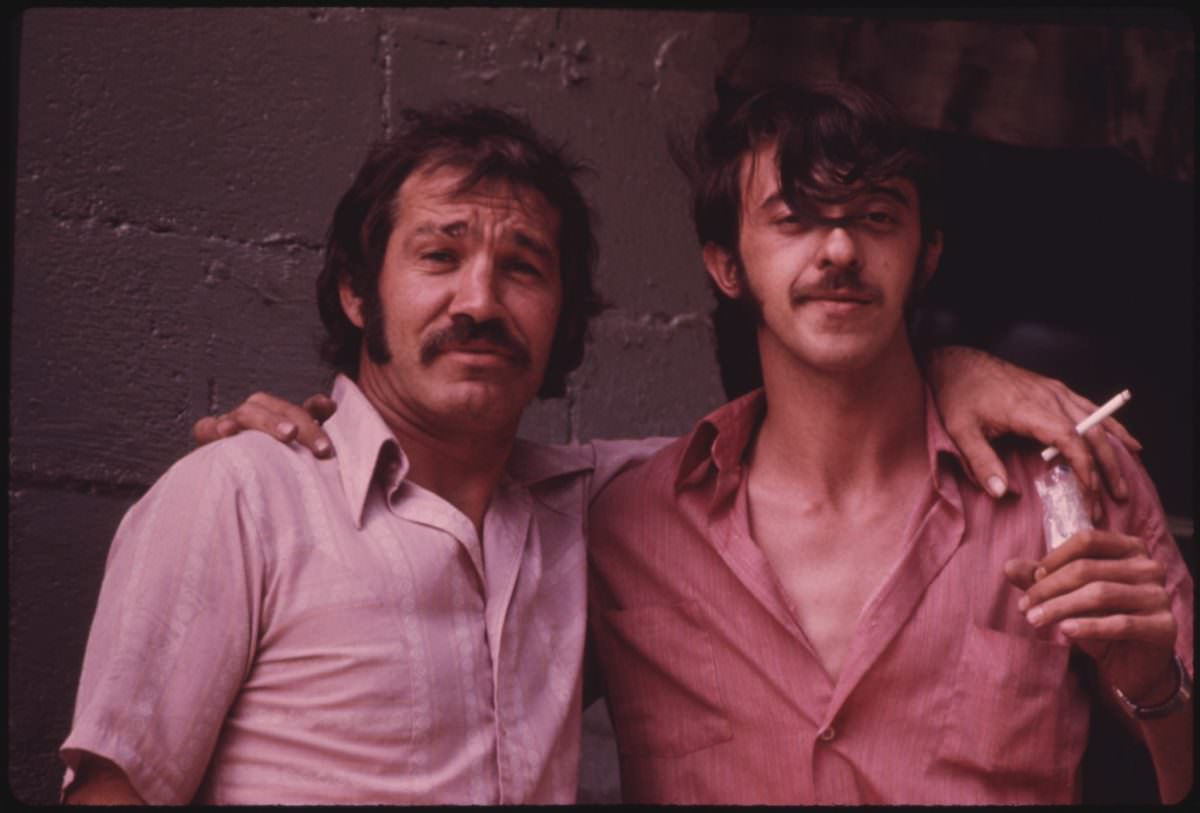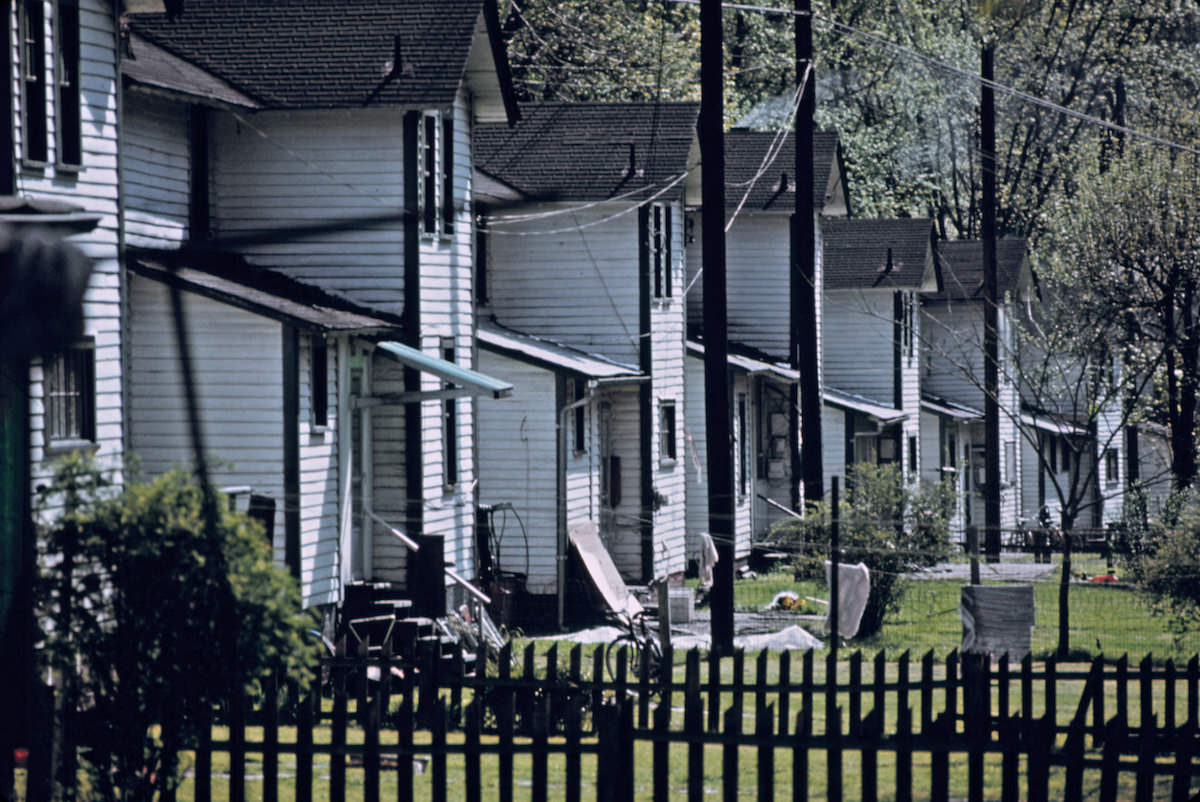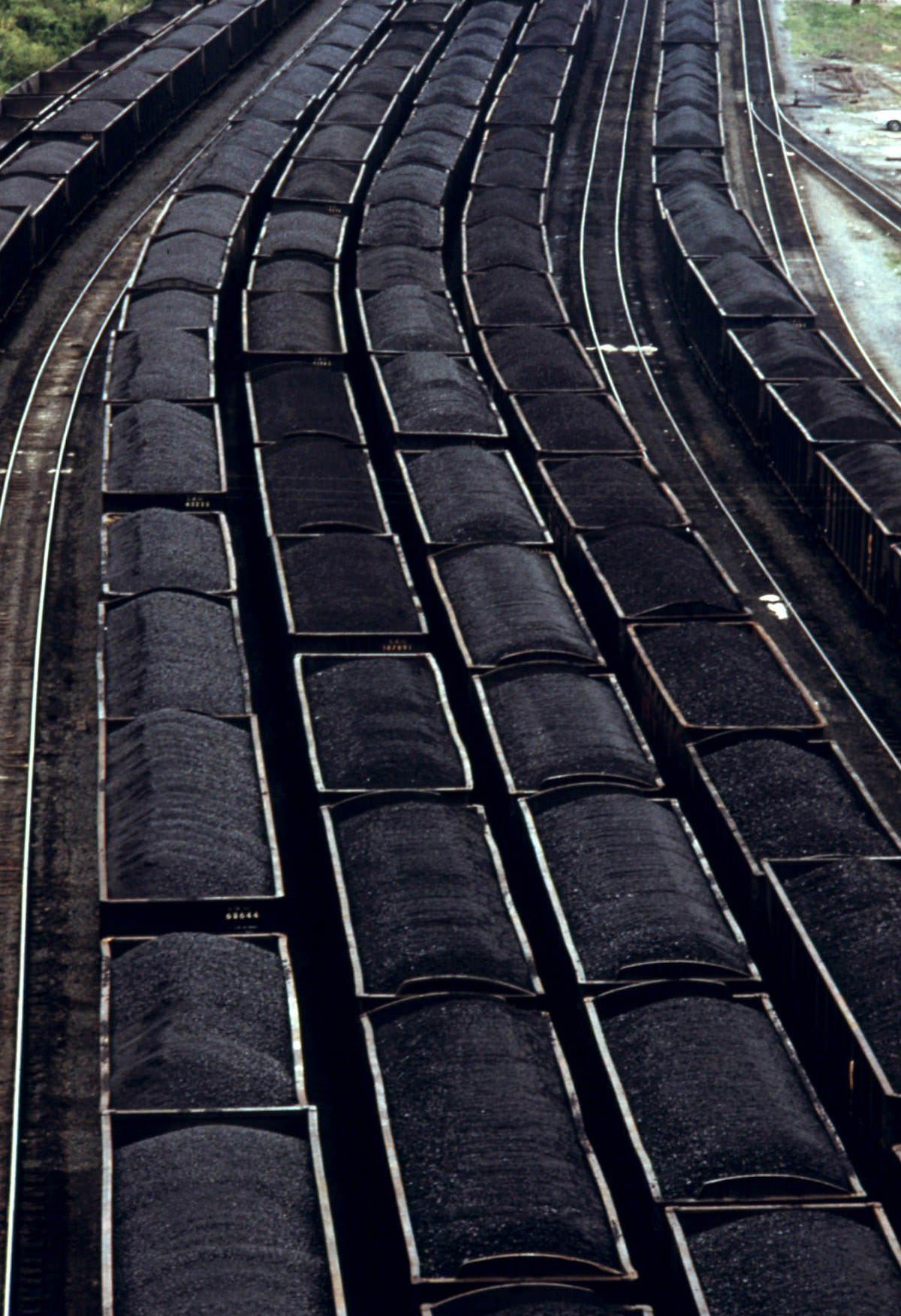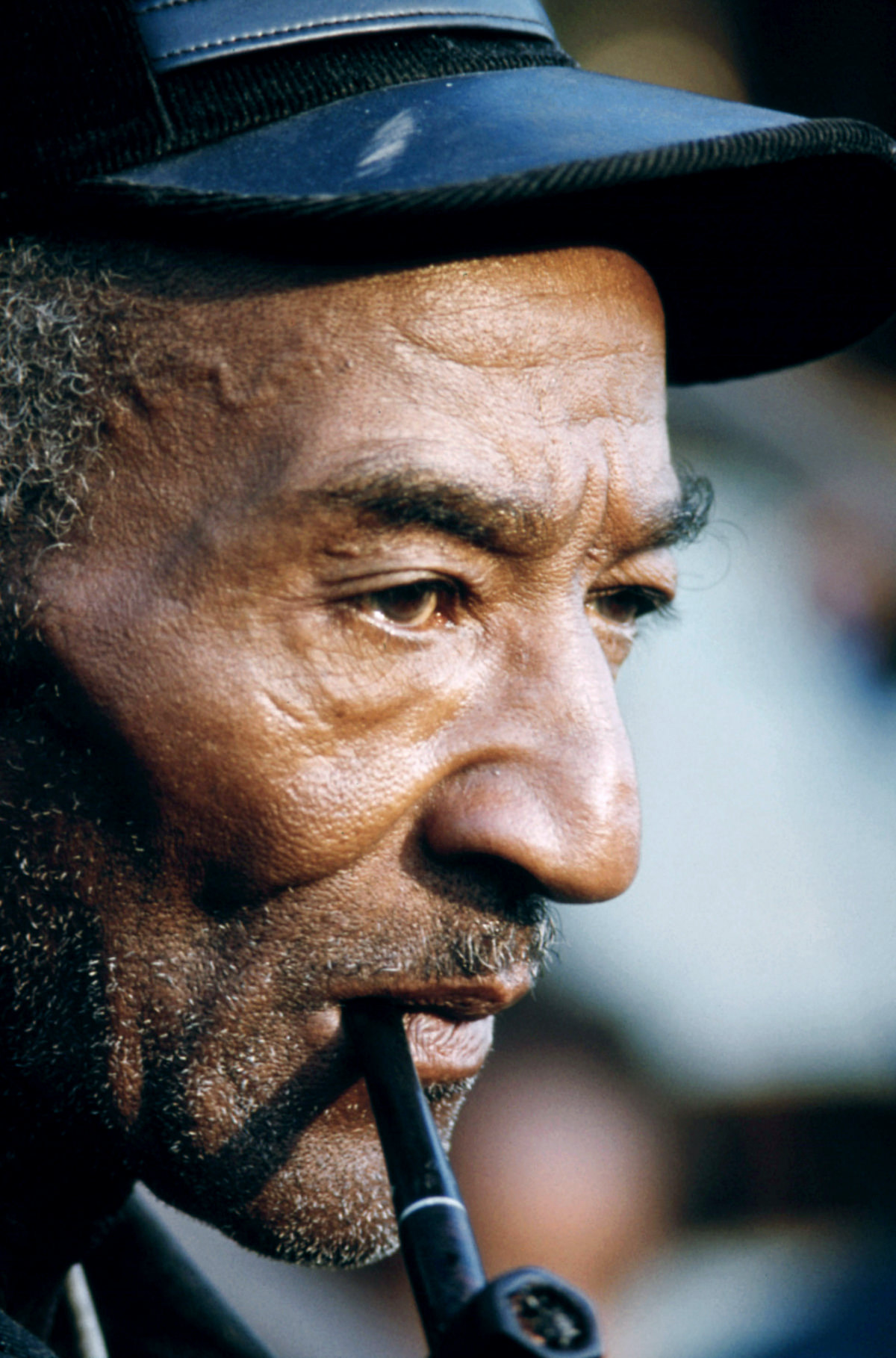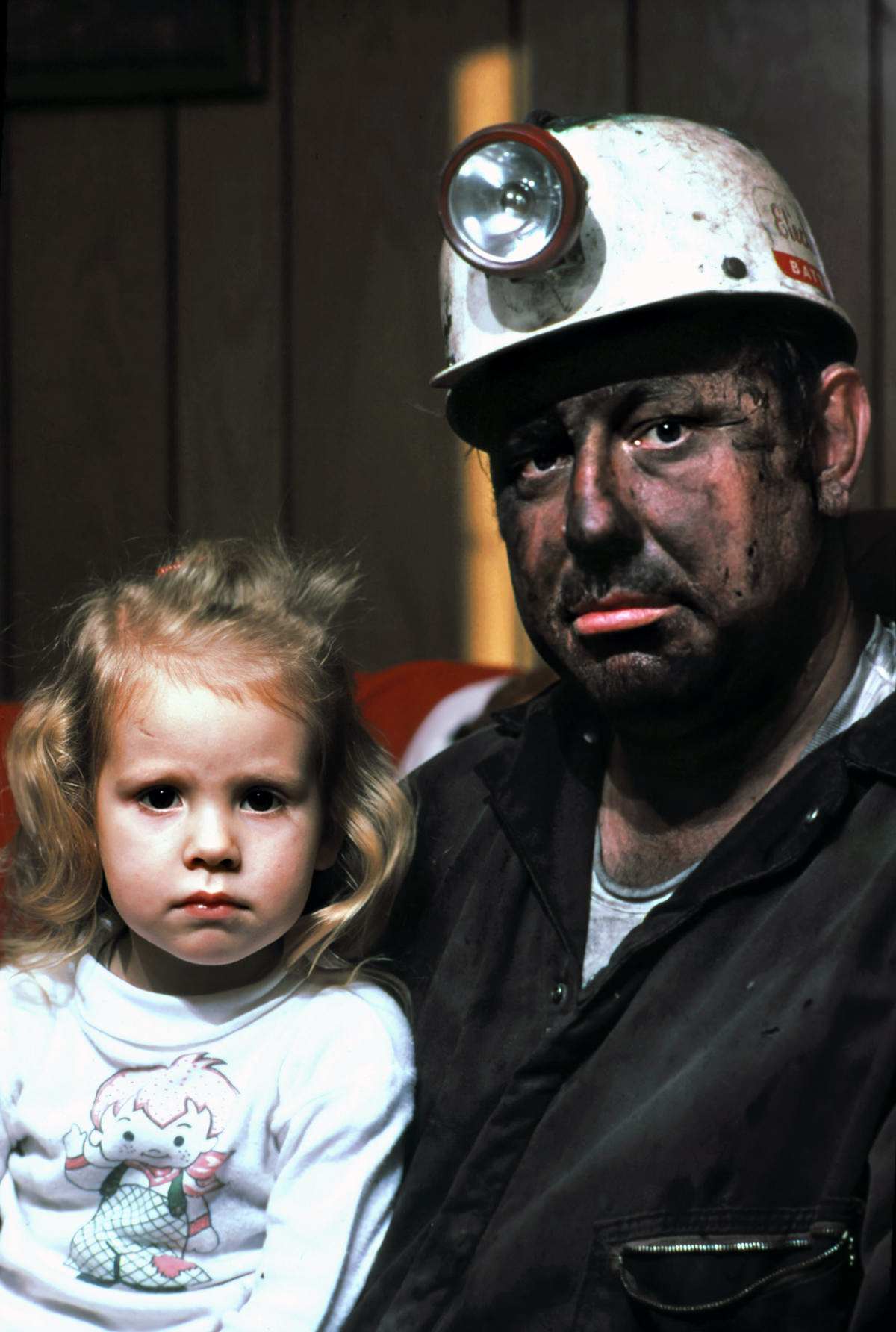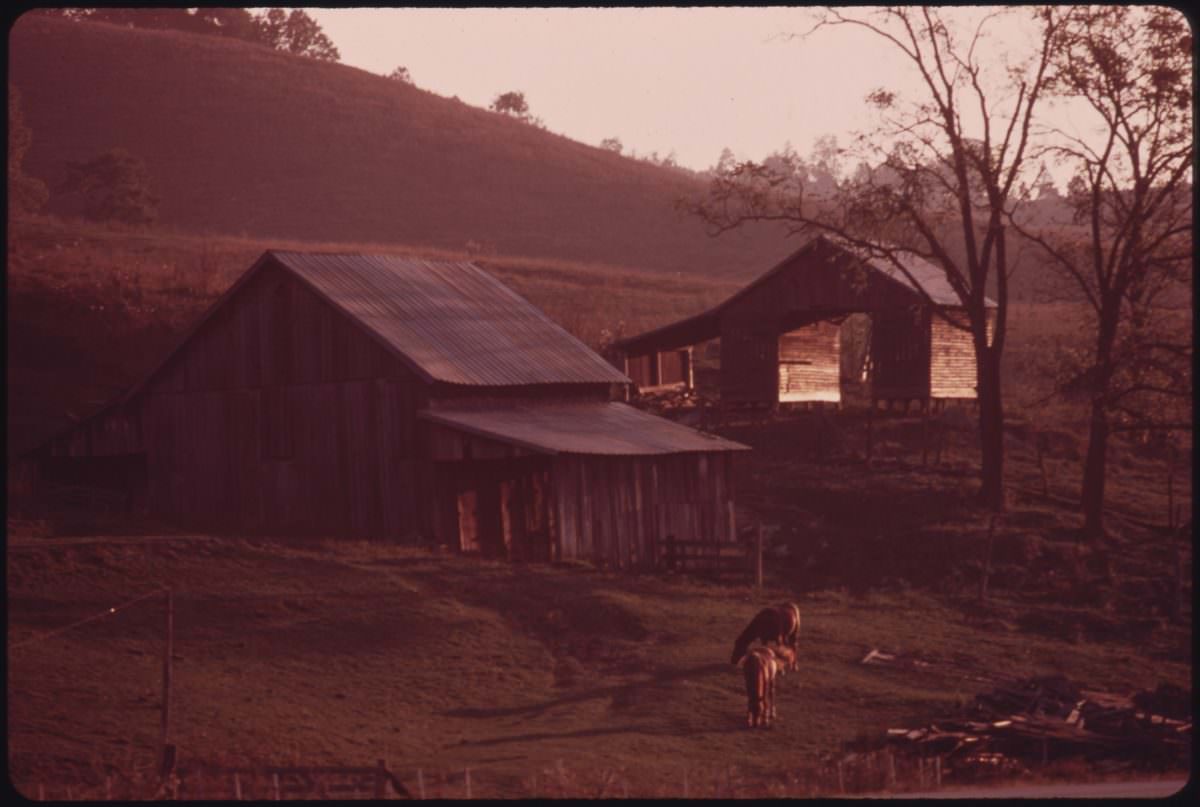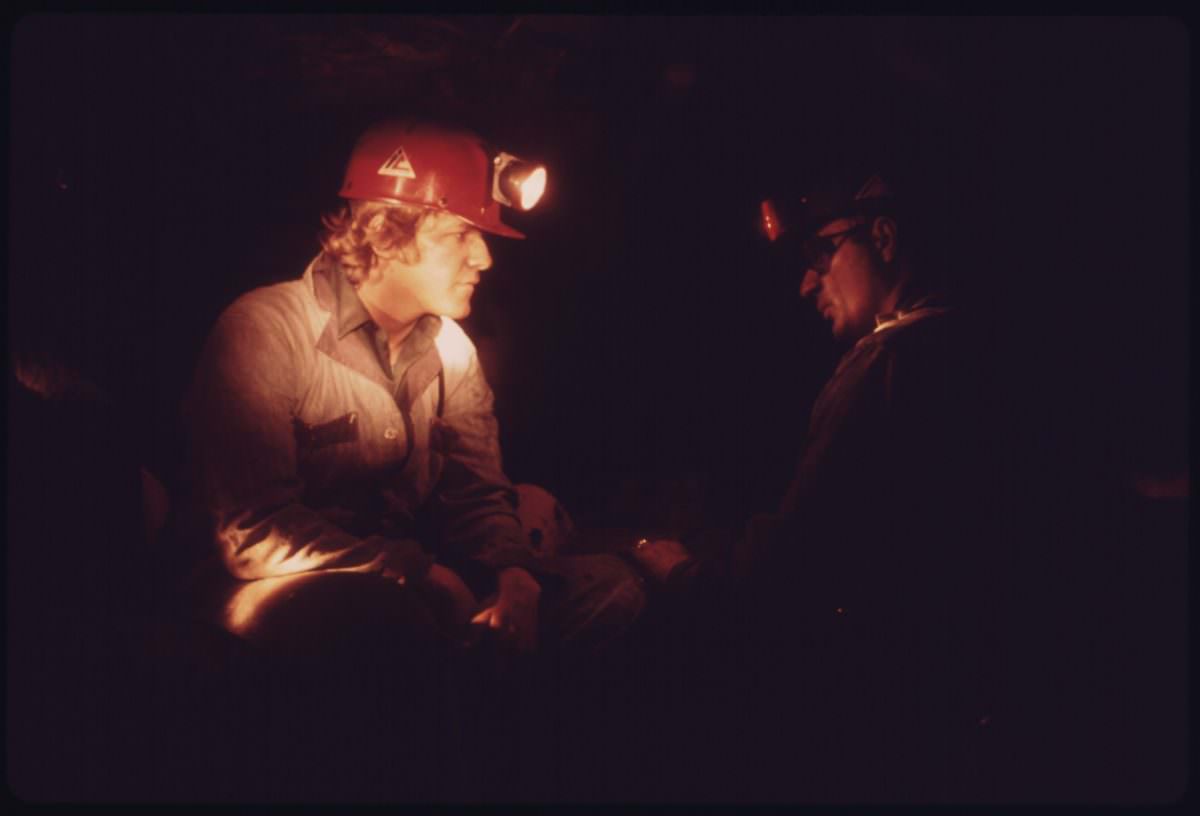Photographer Jack Corn captured these fantastic photos of American coal miners in West Virginia for the Documerica project during the 1970s. Corn was one of the 70 photographers the US Environmental Protection Agency commissioned to take photos for the Documerica project.
Jack Corn said:
You have to treat everybody with great respect, treat everybody the same. Sometimes, the things they say are less profound for college-educated people than what people in the mountains say… If you take time and talk to people, there’s a lot more depth to them than people think.
#1 One of a series of portraits of miners waiting to go to work on the 4 P.M. to Midnight Shift at the Virginia-Pocahontas Coal Company Mine, near Richlands, Virginia.
#2 Clarice Brown, 19, is a secretary in the United Mine Workers Field Service office in Charleston, West Virginia.
#3 Four young men gather in a beer joint in Clothier, West Virginia, near Madison.
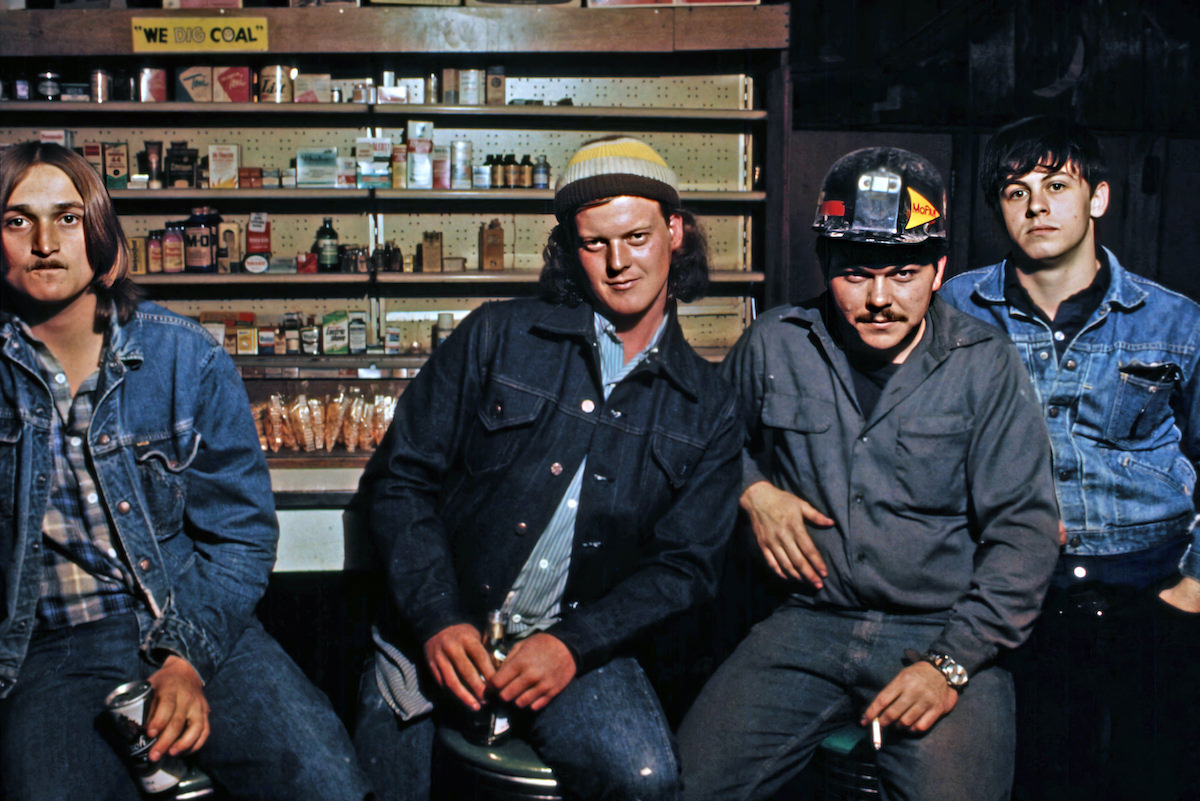
They are (L-R): Michael Doss, 18; Lanny Green, 21; Junior Jefferoy, 20; and Robert Johnson, 18. “All their parents work or have worked in the mine. Jefferoy is a mining foreman after two years, but does not like it and wants to join the navy. Green can’t find a job but would like to work for the railroad. Doss isn’t working, but is waiting for a job in the mines.”
#4 Four young men gather in a beer joint in Clothier, West Virginia, near Madison.
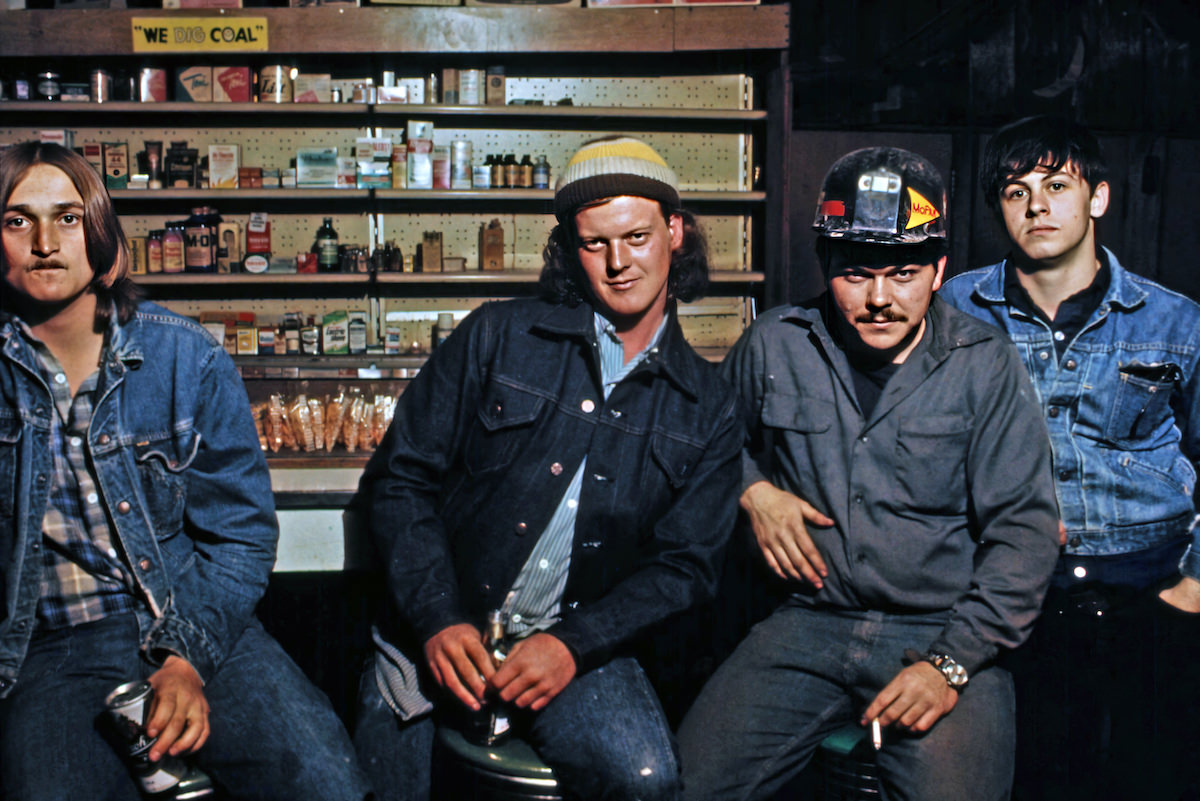
They are (L-R): Michael Doss, 18; Lanny Green, 21; Junior Jefferoy, 20; and Robert Johnson, 18. “All their parents work or have worked in the mine. Jefferoy is a mining foreman after two years, but does not like it and wants to joing the navy. Green can’t find a job but would like to work for the railroad. Doss isn’t working, but is waiting for a job in the mines.”
#5 Mrs. Thaxton, 90, Is a Widow and Mother of Retried Miners Who Live in Rhodell, West Virginia, near Beckley.
#6 A group of miners waiting to go to work on the 4 pm-to-midnight shift at the Virginia-Pocahontas coal company mine #4 near Richlands, Virginia.
#7 Coal City Club in Coal City, West Virginia, a part of Beckley.All of the men are coal miners.
#8 A miner spreads his lunch out on a bench in the shower and time card room of the Virginia-Pocahontas Coal Company mine #3 near Richlands, Virginia.
#9 Two Miners Relaxing in a Beer Joint after Finishing Their Shift There Is Little to Do in Many of the Small Mining Towns for the Young Men Other Than Drink Beer and Talk.
#10 Rear view of Supervisors’ Housing in Dehue, West Virginia, a Youngstown Steel Corporation Company town near Logan.
#11 Loaded coal cars sit in the rail yards at Danville, West Virginia, near Charleston. Awaiting shipment to customers.
#12 Edward Austin, 64, lives in the black portion of Fireco, a small town near Beckley, West Virginia, in Raleigh County.
#13 Miner Wayne Gipson, 39, with his daughter Tabitha, 3. He has just gotten home from his job as a conveyor belt operator in a non-union mine.
#14 Jack Smith, 42, Left, Rhodell, West Virginia, near Beckley, Was a Miner Disabled When a Roof Caved in Who Had to Wait 18 Years to Get Workman’s Compensation.
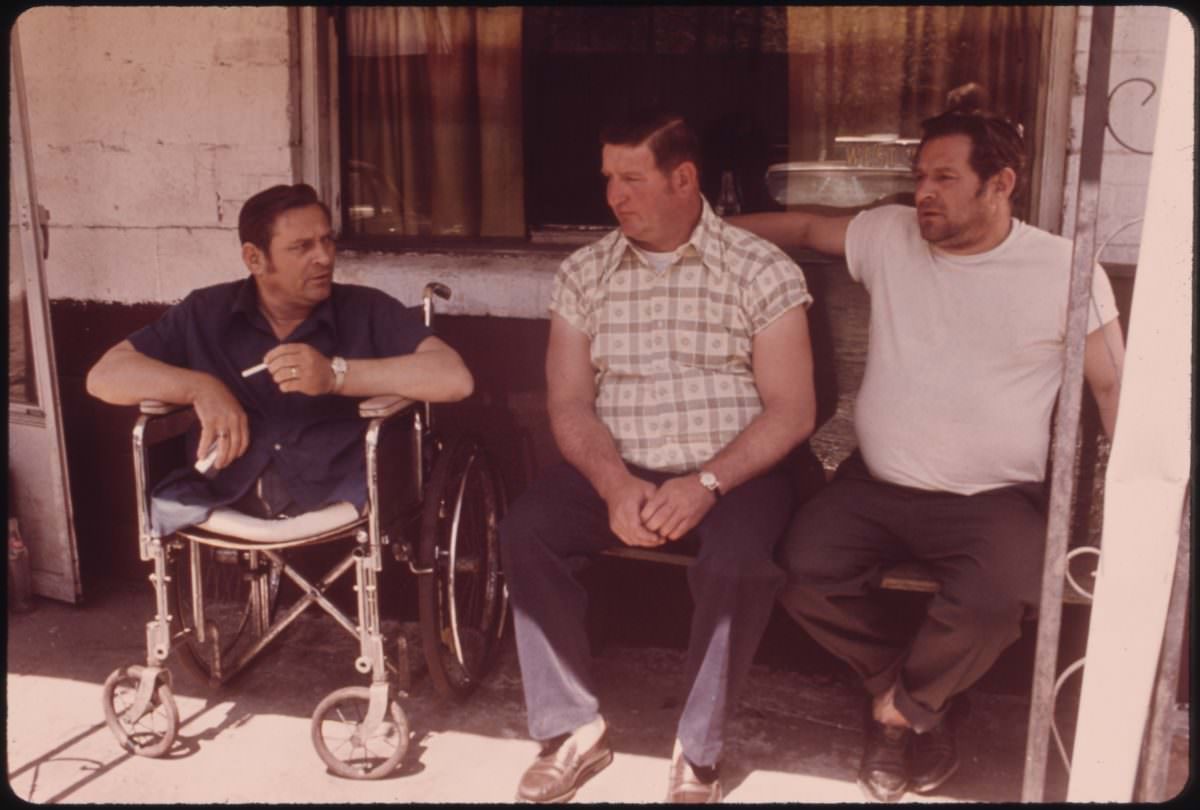
He Was 21 When Injured and Had Worked One Year in the Mines. of the Nine Boys and Seven Girls in His Family All the Males Went Into the Mines Except One Who Died in Infancy Smith Is Shown on the Porch of the Beer Joint He Operates. Seated with Him Are His Brothers, Leo, 39, and Twin Roy, 42 04/1974
#15 Early morning light enriches a bucolic scene at Claypool Hill, near Richlands, Virginia, about a dozen miles from the coal mines, 10/1974
#16 Veteran miner Harold Stanley, right, talks to a young miner who has come into the mine for the first time after 40 hours of classroom training.
#17 Miners Line Up to Go Into the Elevator Shaft at the Virginia-Pocahontas Coal Company Mine #4 near Richlands, Virginia.
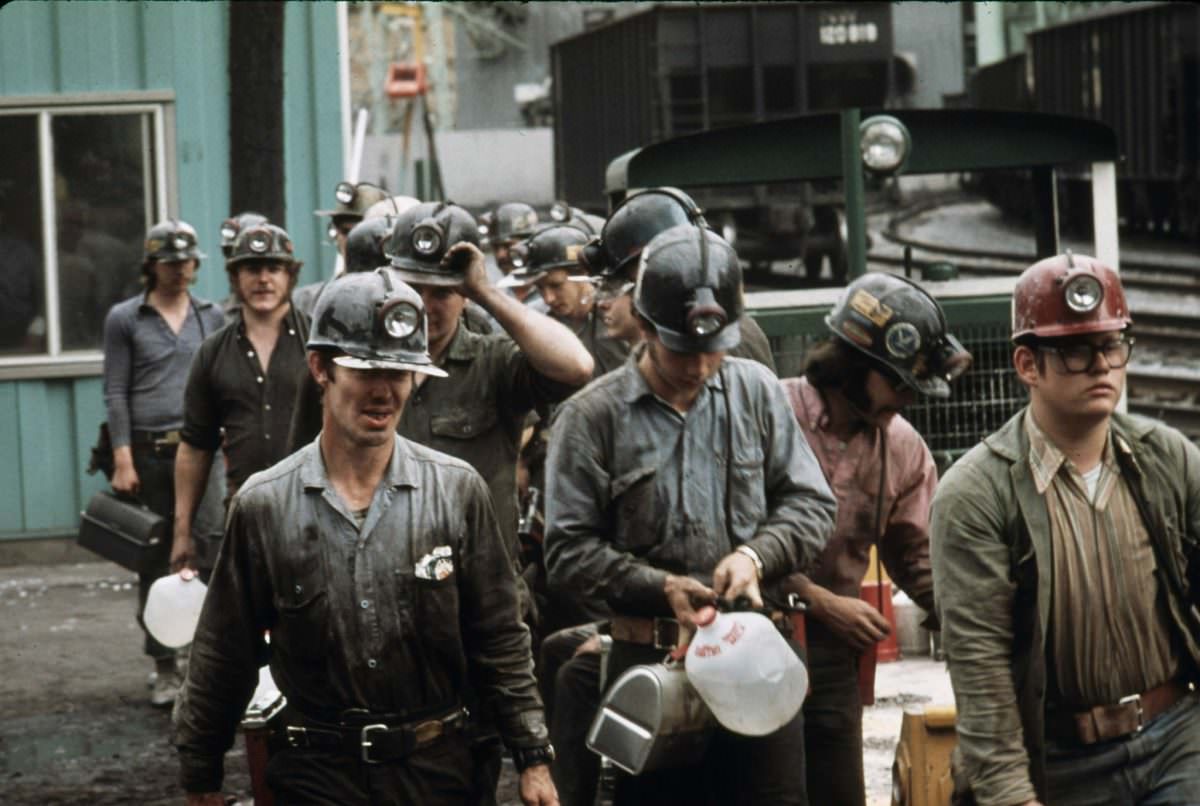
The Man at the Right Wears a Red Hat Which Means He Is a New Miner and Has Worked Below Less Than a Month. His Belt Also Shows Less Wear Than the Others. The Miner at the Left Carries Red Man Chewing Tobacco, Used by Many of the Men Because They Cannot Smoke in the Mines. They Also Prefer to Carry Their Own Water Rather Than Use What the Company Provides 04/1974.


